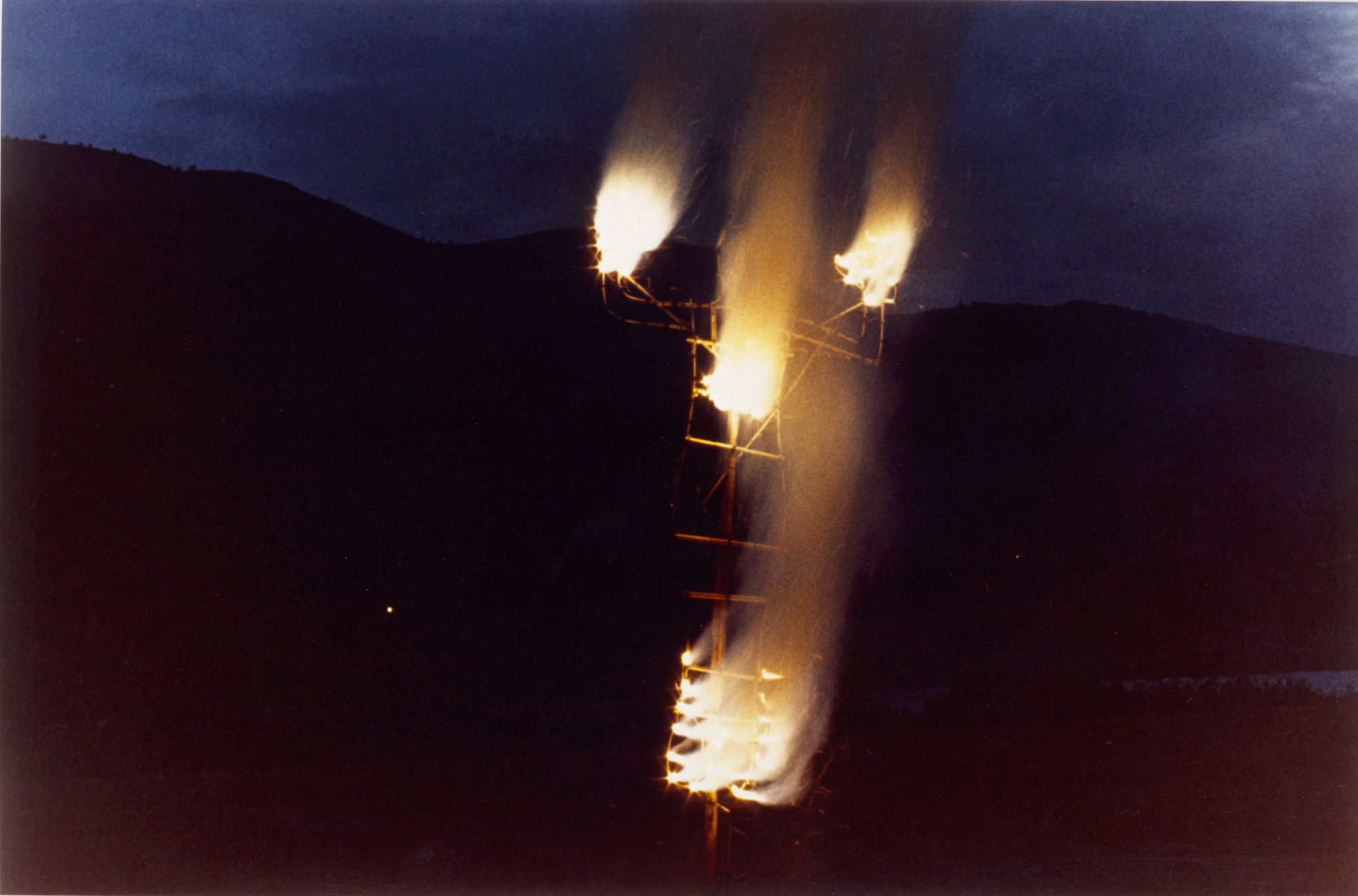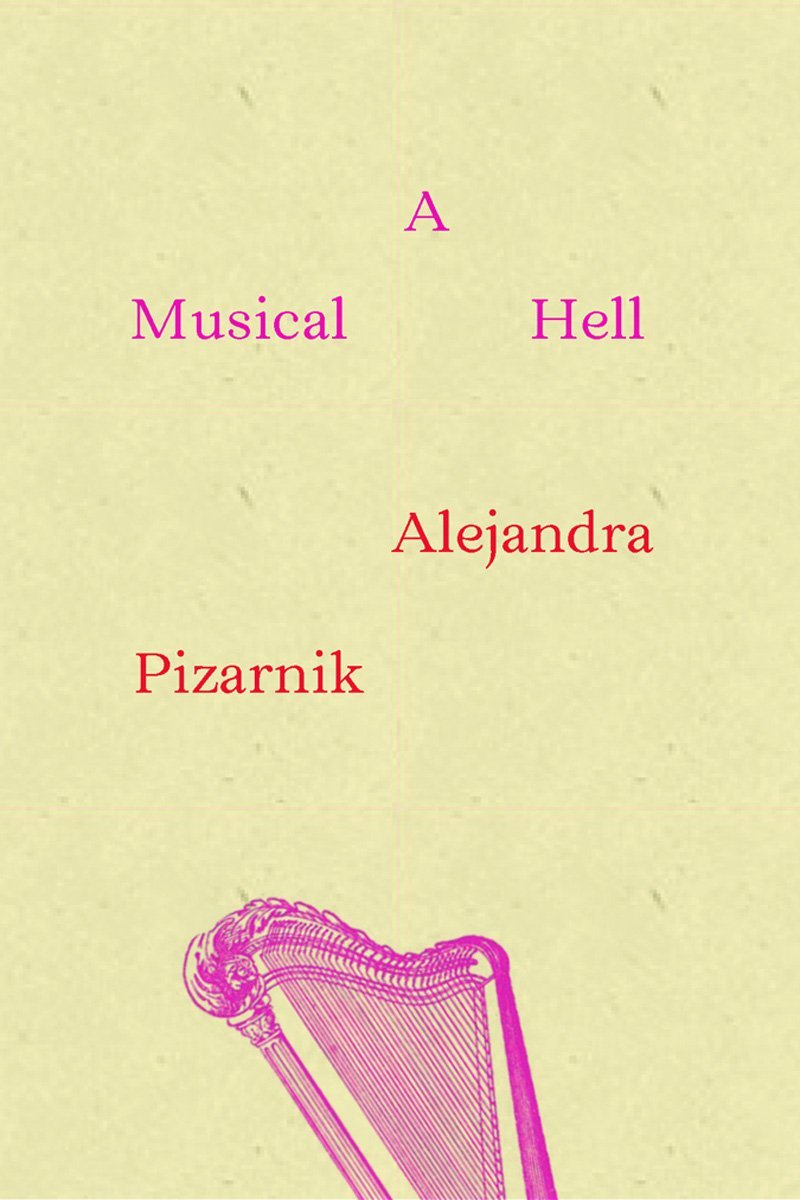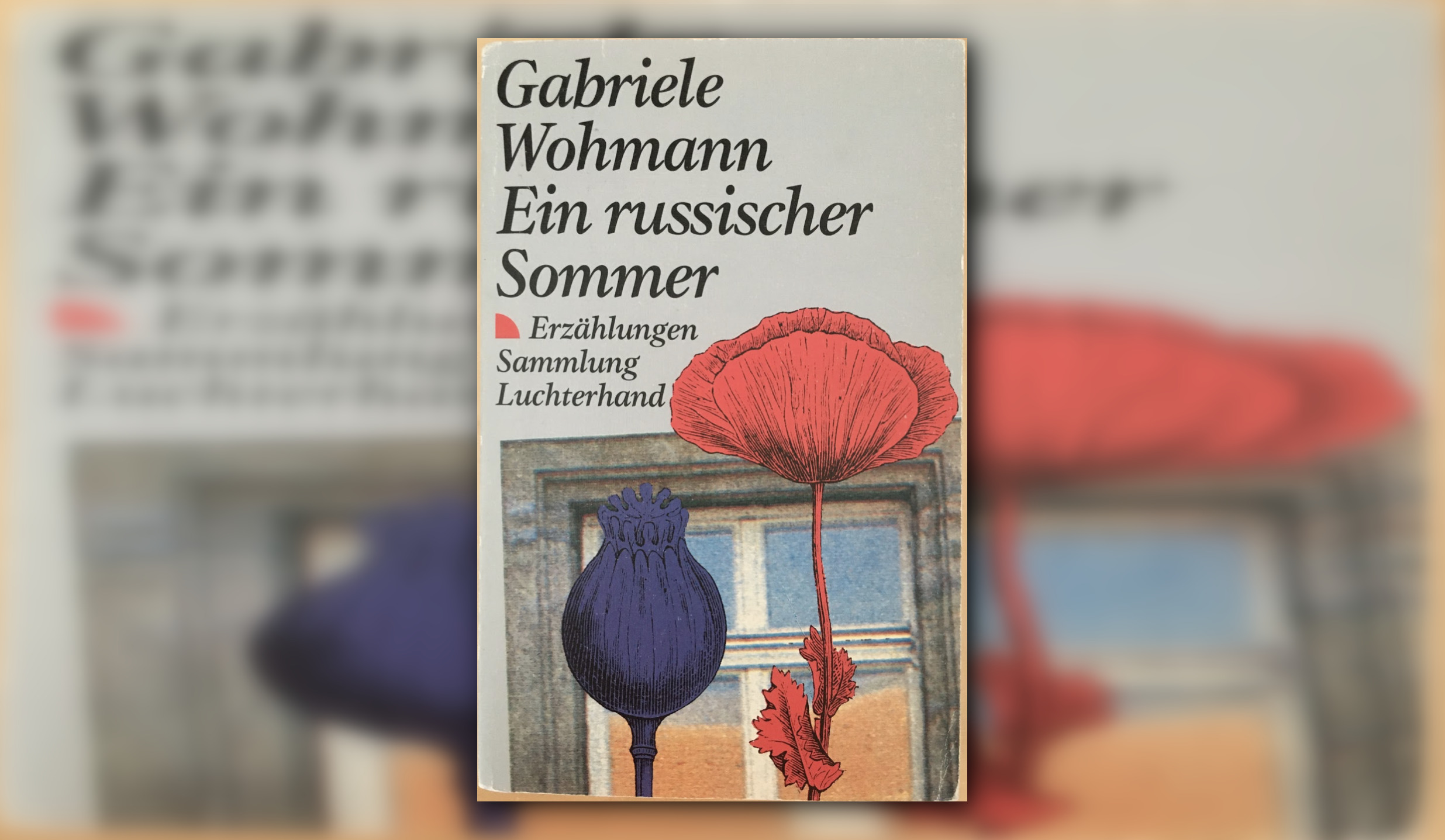I REMEMBER YOU AS YOU WERE
I remember you as you were last fall.
You were the grey beret and the calm heart.
In your eyes the flames of twilight fought on.
And the leaves fell in the water of your soul.
Clasping my arms like a vine,
the leaves picked up your voice, slow and calm.
Bonfire of awe in which my thirst burned.
Sweet blue hyacinth twisted over my soul.
I feel your eyes traveling, and fall is distant:
grey beret, birdlike voice, heart like a house
where my deep yearnings migrated
and my joyful kisses fell like embers.
Sky from a ship. Field from the hills:
Your memory is of light, of smoke, of stilled pond!
Beyond your eyes, the sunsets blazed.
Dry autumn leaves spun in your soul.
SO THAT YOU CAN HEAR ME
So that you can hear me
my words
sometimes grow thin
like the footprints of gulls on beaches.
Necklace, drunken bell
for your hands smooth as grapes.
And I watch my words from far off.
More than mine, they’re yours.
They scale my old pain like ivy.
They scale that way over the damp walls.
You are the one to blame in this gory game.
They are fleeing from my dark lair.
You fill everything, you fill it all.
Before you they populated the solitude you occupy,
and they are better accustomed to my sadness.
Now I want them to say what I want to say to you
so you’ll hear me the way I want you to hear me.
The wind of anguish still drags them, as usual.
Sometimes hurricanes of dreams still knock them over.
You hear other voices in my pained voice.
Grief of old mouths, blood of old pleadings.
Love me, lover. Don’t leave me. Follow me.
Follow me, lover, on this wave of anguish.
Your love continues staining my words.
You occupy everything, you occupy everything.
I am making them into an endless necklace
for your white hands, smooth as grapes.
I CAN WRITE
I can write the saddest lines tonight.
Write, for example, “The night is starry,
and the stars shiver blue in the distance.”
The night wind whirls in the sky and sings.
Tonight, I can write the saddest lines.
I loved her, and sometimes she loved me, too.
On nights like this, I held her in my arms.
I kissed her again and again under the endless sky.
She loved me, and sometimes I loved her, too.
How not to have loved her wide, steady eyes.
Tonight, I can write the saddest lines.
To think that I do not have her. To feel that I have lost her.
To hear the immense night, more immense without her.
And the line falls to the soul like dew to grass.
What does it matter that my love couldn’t keep her.
The night is full of stars and she is not with me.
That is all. In the distance someone sings. In the distance.
My soul is not satisfied that it has lost her.
My sight searches for her as though to bring her closer.
My heart searches for her, and she is not with me.
The same night whitening the same trees.
We, then, are no longer the same.
I no longer love her, it’s true, but how I loved her.
My voice searched the wind to touch her ear.
Someone else. She will belong to someone else. Just like before
my kisses. Her voice, her translucent body. Her infinite eyes.
I no longer love her, it’s true, but maybe I love her.
Love is so short, and forgetting is so long.
Because on nights like this, I held her in my arms,
my soul isn’t satisfied that it has lost her.
Though this is the last pain she makes me suffer,
and these will be the last lines I write to her.
About the Translator
Despy Boutris
Despy Boutris’ work has been published or forthcoming in American Poetry Review, American Literary Review, Southern Indiana Review, Copper Nickel, Colorado Review, and elsewhere. She teaches at the University of Houston, works as Assistant Poetry Editor for Gulf Coast, and serves as Editor-in-Chief of The West Review.
About the Author
Pablo Neruda
Born in 1904 as Ricardo Eliecer Neftalí Reyes Basoalto, Pablo Neruda was a Chilean poet, diplomat and politician. A friend of Spanish writers Federico García Lorca and Manuel Altolaguirre, he was heavily involved with the Latin American and Spanish writing scene, founding the literary review Caballo verde para la poesía with Altolaguirre in 1935. For a time, he served as consul in Burma, Buenos Aires, and Madrid and then, following the Spanish Civil War, became involved with the Communist Party—an association that forced him into hiding for nine years until it was safe to return to Chile. He was considered the “people’s poet,” writing about both personal and political concerns to which readers and contemporaries could relate. During his lifetime, he was awarded the International Peace Prize in 1950, the Lenin Peace Prize and the Stalin Peace Prize in 1953, and the Nobel Prize for Literature in 1971. He is widely regarded as the greatest Latin American poet of the 20th century.
Image by Bkrmadtya Karki from Pixabay




